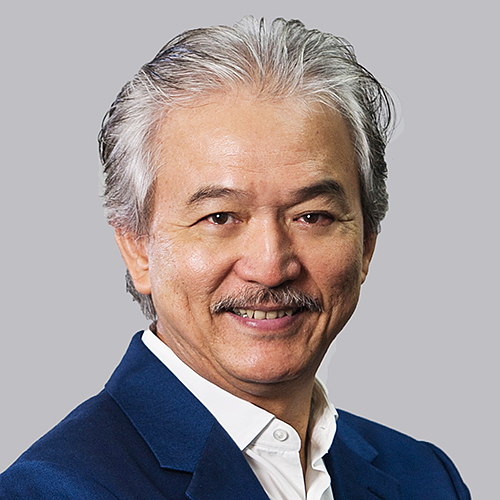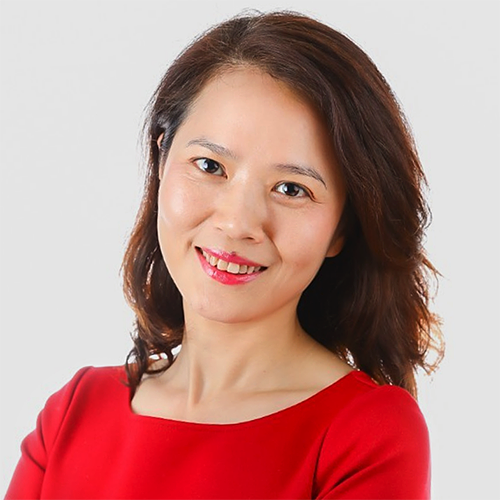Earlier this month Horizons Ventures, the family office of Hong Kong billionaire Li Ka-shing, announced that it was opening an office in the Southeast Asian wealth hub of Singapore, a move that represent only the latest in a long line of family offices (FOs) expanding their presence in the city-state.
In recent years, a number of lower-profile families, a string of global business luminaries and some of the world’s wealthiest families have selected the city-state to locate their family offices, including billionaires like Google co-founder Sergey Brin, hedge fund Bridgewater Associates founder Ray Dalio, and inventor and industrial designer James Dyson.
As an independent country Singapore offers wealthy global families a safe, politically stable and business friendly environment.
Together with tax incentive schemes that are conducive to establishing family offices, the country also has a broad network of double taxation agreements that appeal to families with international business operations.
As well, the Lion City is seen as a gateway to investment opportunities across the fast-growing countries in Southeast Asia, is frequently ranked as the most liveable city in Asia, and its education system is consistently ranked among the best.
In the post-pandemic era, FOs in Singapore are seeing clients placing greater focus on planning with stability and longevity in mind, shares Lee Woon Shiu, group head of wealth planning, family office and insurance solutions, DBS Private Bank. “The pandemic was a wake-up call for many families, who have moved to take a broader view of their legacy across all four pillars of business, financial, family and philanthropy (rather than just the first two in the past), and are placing greater priority on structural issues, such as wealth preservation, succession planning and family governance.”
Other major investment themes, beyond the first priority of wealth preservation, for family offices in the city include upgrading their own in-house technology; investing in environmental, social and governance (ESG) and sustainability-linked ventures; and exploring cryptocurrencies.
Upgrading technology
The Covid-19 travel restrictions, according to Michael Greenall, commercial director, family offices, Asia-Pacific, Apex Group, have changed the way Asia’s FOs are run, including by accelerating the adoption of technology.
“We have observed all of our clients choosing to upgrade their technology and ‘go virtual’,” Greenall states. “With a number of travel restrictions still in place, FOs have been quick to harness the power of technology to ensure uninterrupted communications, as well as to enable trade executions, data storage and reporting. And we believe that, although initially introduced as temporary measures, many of these technology platforms are likely to be permanent post-Covid-19.”
Many FOs, Greenall points out, have been looking to optimize their costs and streamline resources and, with their need to launch digital investment management operations, a number are increasingly choosing to partner with third-party service providers.
Ubiquitous ESG
ESG considerations are racing up the agenda for asset managers, including those in Asia’s FOs. It is also becoming increasingly clear that clients have broader objectives than just chasing for highest returns.
With the continuing inter-generational wealth transfer, this trend is set to accelerate. It has also been reported that in the next five to 10 years, FOs have the power to lead the way in ESG integration.
“The FOs and private clients we administer in Asia are increasingly wanting to see their personal values reflected in their investments, on top of their existing philanthropic commitments,” Greenall comments. “Most of the younger generation of business leaders tend to be more aware of the need to embed sustainable practices than their predecessors.”
In Asia, however, private wealth planning is a complex and deeply personal affair, and not everyone views ESG in the same way. This means that wealth managers and service providers, Greenall adds, must work closely as an extension of the family office to understand the personal values and financial priorities of each client.
DBS’ Lee says he is also seeing clients express greater interest in doing good, be it through their investments or by giving back to the societies in which they are integrated.
“With more societal and environmental fault lines coming to the fore since the pandemic’s emergence, we have seen more clients either aligning their investment choices with their purpose by opting for investments with higher ESG ratings, or giving back in other ways, such as by funding or mentoring social enterprises, which are dual bottom-line companies,” he notes. “For example, we’ve had more conversations with clients about engaging the DBS Foundation (which was set up in 2014 to nurture social enterprises in the region) in the past two years than ever before.”
Lee is also seeing a more concerted move in the philanthropy sector, with the green shoots of family offices starting to deploy funds for philanthropy in the region. He notes that some of the same families that are closing deals together are also banding together to collectively give grants to social enterprises and support social entrepreneurs in the region.
“We also expect this heightened consciousness to pave a path for next-gens – who tend to be more societally-conscious compared with their predecessors – to take up more active roles on this front and adopt a bigger role and voice in leading the family in furthering these objectives,” Lee adds.
Crypto creep
Preservation of wealth is core to every FO’s charter. And Asian FOs want to preserve and grow their wealth so that they can pass it on to the next generation.
In Asia, many ultra-high-net-worth families drew their wealth from one or two core businesses (in sectors such as manufacturing, mining and tourism), however, these industries are increasingly seen by the next generation as brick-and-mortar businesses, which they are generally not interested in running.
“Unlike many of their parents, most of the younger generation went to the best schools and universities in the world, and they bring back newer ideas of how their parents’ businesses should be run,” Greenall says.
Some common current examples are introducing an ESG overlay and investing in art, collectibles and cryptocurrencies.
A report released in November 2021 revealed that 38% of family offices in Asia-Pacific intended to grow their cryptocurrency holdings this year. The figure was markedly higher than the global average of 28%, correlated perhaps to the ongoing transfer of wealth between generations in Asia.
However, the recent collapse of the Korean-managed Terra USD stablecoin and Luna cryptocurrency, which lost almost all of their value, wiped out billions of dollars of funds and rattled the global crypto market, means any crypto in FO portfolios will remain in low single digits for now.









